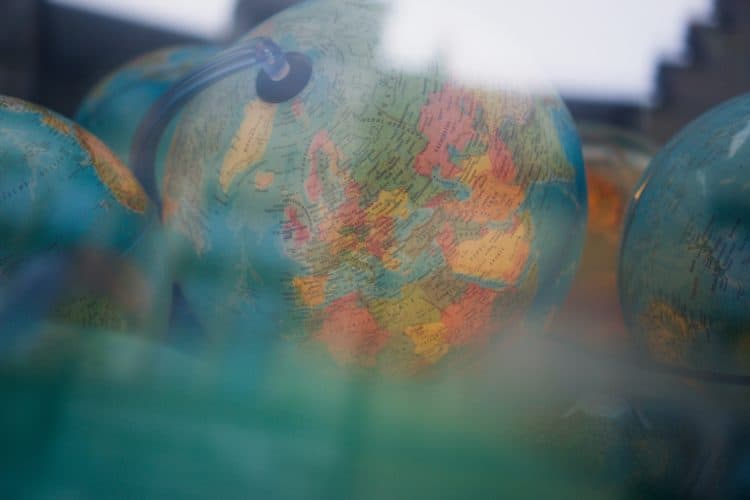The global economy might lose up to 7% of GDP as a result of fragmentation, said IMF recently in a new report.
The longer-term cost of trade fragmentation varies from 0.2% of global output to almost 7%, which is about the combined annual output of Germany and Japan, the fund said.
However, the full impact would likely be even larger, IMF warned.
The global economy could lose up to 12% when estimates include the technological disconnect between regions, IMF said.
The IMF attributes global fragmentation to several factors, including Russia’s invasion of Ukraine and the Covid-19 pandemic.
Both situations have caused international disruption to financial, food and energy supplies, with additional trading restrictions adding to the discord between regions, IMF noted.
Since the outbreak, mentions in companies’ earnings presentations of reshoring, onshoring, and near-shoring have increased almost ten-fold, IMF pointed out.
The risk is that policy interventions adopted in the name of economic or national security could have unintended consequences, or they could be used deliberately for economic gains at the expense of others, the fund noted, adding that would be a dangerous slippery slope towards runaway geo-economic fragmentation.
The IMF pointed out that fragmentation also includes restrictions on cross-border migrations, reduced capital flows, and a decline in international cooperation.
The global flows of goods and capital had levelled off after the global financial crisis of 2008-2009, and a surge in trade restrictions seen in subsequent years, according to the report.
While not all countries would feel the impacts of fragmentation equally, most of Asia would suffer due to its heavy reliance on open trade, the report says.
In addition, lower-income consumers in advanced economies would lose access to cheaper imported goods while small, open-market economies would be hard-hit, the report states.
The IMF also recommends three approaches to tackling fragmentation: strengthening the international trade system, helping vulnerable countries to deal with debt, and stepping up climate action.




